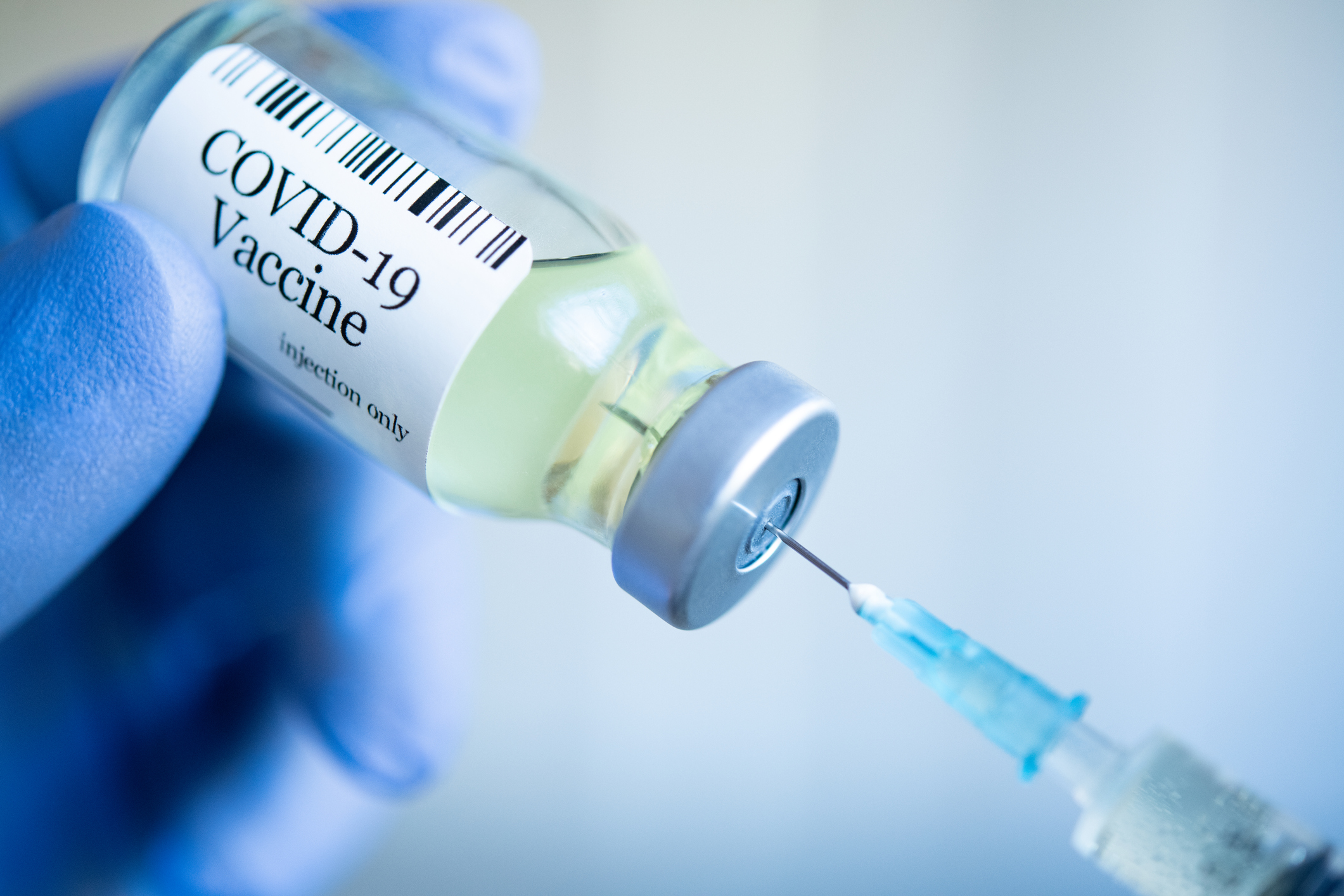As doses of the COVID-19 vaccine continue to be delivered to healthcare workers and older adults, many seniors are relying on their families to ensure they receive their doses. In some regions where people are lining up for hours to get their shot, elderly adults who are unable to wait in a queue or in their vehicles are hoping their loved-ones will be able to secure a safe and efficient place to get vaccinated.
Searching for vaccination venues takes time, patience and often some technical experience to navigate online searches, long hold times on call lines and an understanding of how distribution is being carried out. For many elderly adults, this task is beyond their abilities, especially if they have some form of dementia, lack access to the internet or simply don’t have the bandwidth to navigate the rollout of the vaccine and where they can sign up for a shot.
According to a recent U.S. News report, older adults and their families are encouraged to start with their local health departments for reliable information. Community organizations for the elderly and aging councils may also be able to offer information or provide assistance making an appointment and securing transportation for seniors. Homebound seniors who live alone, in rural settings or are in low-income housing are most likely to slip through the cracks unless family or other loved ones help them get their vaccines.
For seniors in long-term care or assisted living, the vaccine is usually brought to residents to be administered on-site. But families have to agree and give permission for the shots, something not all loved ones are on board with, which complicates matters. For some older adults who may not meet the age requirements but have underlying health conditions that put them at increased risk for serious complications from coronavirus infection, families may need to do some legwork to get special authorization from a doctor to receive a dose for their loved-one.
The Upshot?
If an older loved one is not able to advocate for themselves and navigate the sometimes complex system for receiving the COVID-19 vaccine, is important to select a family member or trusted friend to help. At present, two doses of the vaccine are necessary so there’s no time to waste getting started on the process for vulnerable populations.
Check local social media posts from fire departments, health departments or community organizations for updates on vaccine distribution dates and how to reserve a spot. Or contact the office of your loved one’s primary healthcare provider for more information. Many communities are also partnering with the 211 call line to provide information to residents about finding coronavirus testing sites and vaccine distribution. Check in frequently with state or provincial government websites for updated vaccine distribution information.






Add Your Voice
0 Comments
Join the Discussion